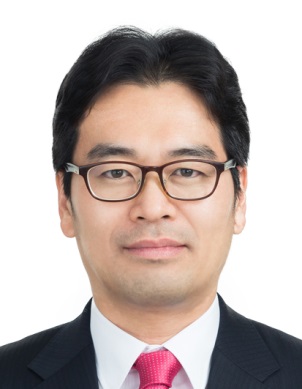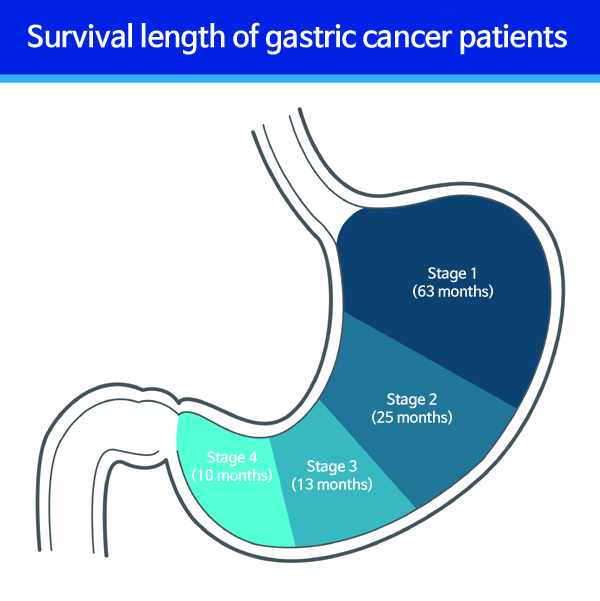A study conducted by Seoul National University Hospital (SNUH) has found age is not a factor in the progression of cancer, the hospital said Friday.

Lee Hyuk-joon이혁준, an associate professor at the SNUH Surgery and Cancer Research Institute, led the world’s first research on cancer progression and time elapsed until death on 101 gastric cancer patients who did not receive any form of treatment.
The study examined 101 gastric cancer patients who visited the hospital and its Boramae Medical Center from 1998 to 2015. These patients had refused cancer treatment such as surgery for at least five months citing reasons of complications, treatment anxiety, alternative remedies, or economic hardship.
As a result, the research found age had no impact on cancer progression – finding no differences between those over 75 and those 74 and younger, dispelling the notion that “cancer grows slowly in the old.”
Gender and cancer stages also had no significant relation to cancer progression.
The study findings come amid national controversy over leaving thyroid cancer patients untreated. Leading researchers and medical professionals question whether other cancer patients, especially those over the age of 75, can live a normal life without treatment.
■ Related : Research sheds light on thyroid cancer diagnosis controversy
However, SNUH’s research confirmed that treatment is the way to go for gastric cancer patients.
The study found patients who received treatment lived an average of a year and six months longer than those who did not, indicating “aggressive treatment is directly correlated to life span,” according to the hospital.
Of 72 people who did not receive any treatment before death, stage one patients died in an average of 63 months, 25 months for stage 2 patients, 13 months for stage 3 patients, and ten months for the end-stage patients.

Currently, the full recovery rate of gastric cancer in stage 1 patients receiving treatment is 90 percent, 75 percent for stage 2, and 45 percent for stage 3.
“The study confirmed that unlike thyroid cancer patients, (even early-stage) gastric cancer patients – if left without appropriate treatment – will die within five years,” Professor Lee said. “Early diagnosis and proper treatment are the only countermeasures to protect oneself from gastric cancer.”
The results also showed it took 34 months for stage 1 gastric cancer to metastasize into progressive gastric cancer. For stage 2 patients, it took 19 months for cancer to progress into stage three. Likewise, it took two months for stage 3 patients to progress into the final stage. It also took a year for early-stage stomach cancer to double in size, the hospital said.
The International Gastric Cancer Congress, held in Beijing in April, selected the study as an “excellent” lecture subject.

